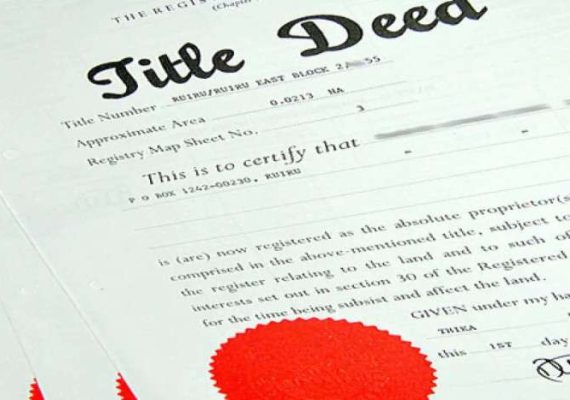What Does Flat Paint Mean in Paintwork?
What Does Flat Paint Mean in Paintwork?
Flat paint is a type of paint that has a very minimum reflective finish and dries instantly. It is also known as matte paint or concealer paint, as it can easily conceal imperfections such as bumps, scratches, or holes.
Flat paint tends to be easier to apply than other finishes and is usually a less expensive option. It gives a best color payout and makes uneven patches and imperfections less noticeable, giving an overall matte look.
However, flat paints are not very durable and need to be carefully cleaned due to their tendency to grip dirt and stains.
Flat paints are also used to paint cars and can be used as a primer, which also covers the rough surface of vehicles.
How To Apply Flat Paint
To apply flat paint, cover the floor and any remaining furniture with drop cloths to protect the surfaces from paint spray.
Use a 2- to 3-inch wide-angled brush to cut in along the ceiling line. Dip the brush into the paint, about 1/2 way up the bristles.
Do not overload the paintbrush. Tap the brush handle on the edge of the paint cam rim to shake off excess paint. Drag the tips of the bristles … Roller the main wall, while the brushed-on paint is still wet. This helps the paint blend together and reduces overlap marks.
Flat paint is best for low-traffic rooms that have a ton of light like offices and more formal rooms, like dining rooms. It’s also ideal for walls and areas that have a lot of bumps, scratches, or holes because it can conceal these blemishes easily.
Flat paints are less expensive than other finishes and tend to be easier to apply.
However, flat paints are not recommended for high-traffic areas like bedrooms, kitchens, and bathrooms because they’re harder to clean than other finishes.
Flat paints are also known as matte paints because they have absolutely no shine to them and can feel chalky when touching them. They’re often used on ceilings and interior walls because they have an ability to hide imperfections.
Some flat paints are “washable,” but they can easily be touched up by applying another layer of paint. Matte paints can be used if you want a room painted in a dark or bold color since their pigments are very concentrated which provides better coverage than other finishes.
If you need to put flat paint on semi-gloss paint, wipe walls with a tack cloth after sanding then apply a coat of good primer following manufacturer’s directions before painting with flat finish.
What Are The Pros And Cons Of Using Flat Paint?
Flat paint is good for concealing imperfections and has a classic old-world feel. It provides excellent “hide” and masks imperfections, creating a more flawless finish.
Flat paint is less expensive than other finishes, downplays flaws in drywall, and can be touched up easily without showing.
Flat paint is ideal for covering walls that have flaws or blemishes because it is effective at absorbing light, in essence, “hiding” the bumps and lines that exist on every wall.
However, flat-finish paint is difficult to clean and will show every scuff and fingerprint. Flat paint is recommended for ceilings and very low traffic areas because it’s not as durable or easy to clean as eggshell or other higher sheen paints.
Eggshell paint can show wall and application imperfections. If you want to downplay textured walls and ceilings, flat paint definitely downplays a poor drywall job or other surface imperfections.
Eggshell has some of the low-sheen qualities of a flat finish but is easier to care for than flat paint. However, it’s still difficult to clean and marks easily.
Glossy finishes are more reflective than flat or matte finishes so imperfections in the surfaces they are used to cover are more visible to the naked eye. High-gloss finishes provide a spectacular finish in rooms that are flawlessly skim coated but are expensive to execute well.
Glossy finishes look best lightly sanded between coats and often require six or seven turns with the brush to achieve an ideal lacquer-like finish.
Is Flat Paint Easy To Clean
Flat paint is a type of paint that provides a matte finish and is often used on walls. It is easy to clean, but requires special care as it is delicate and can be easily smudged or scuffed.
To clean flat paint walls, start by removing dust with a duster or dry towel. Then, use warm water and a soft sponge or cloth to gently rub the stained wall. If plain water doesn’t work, try adding vinegar to the damp sponge or cloth.
For tougher stains, dilute soap in warm water and use a cleaning pad or eraser to scrub the area. Finally, rinse the wall with warm water and dry it with a towel. Touch up any areas where the paint has been removed with touch up paint and a brush.

